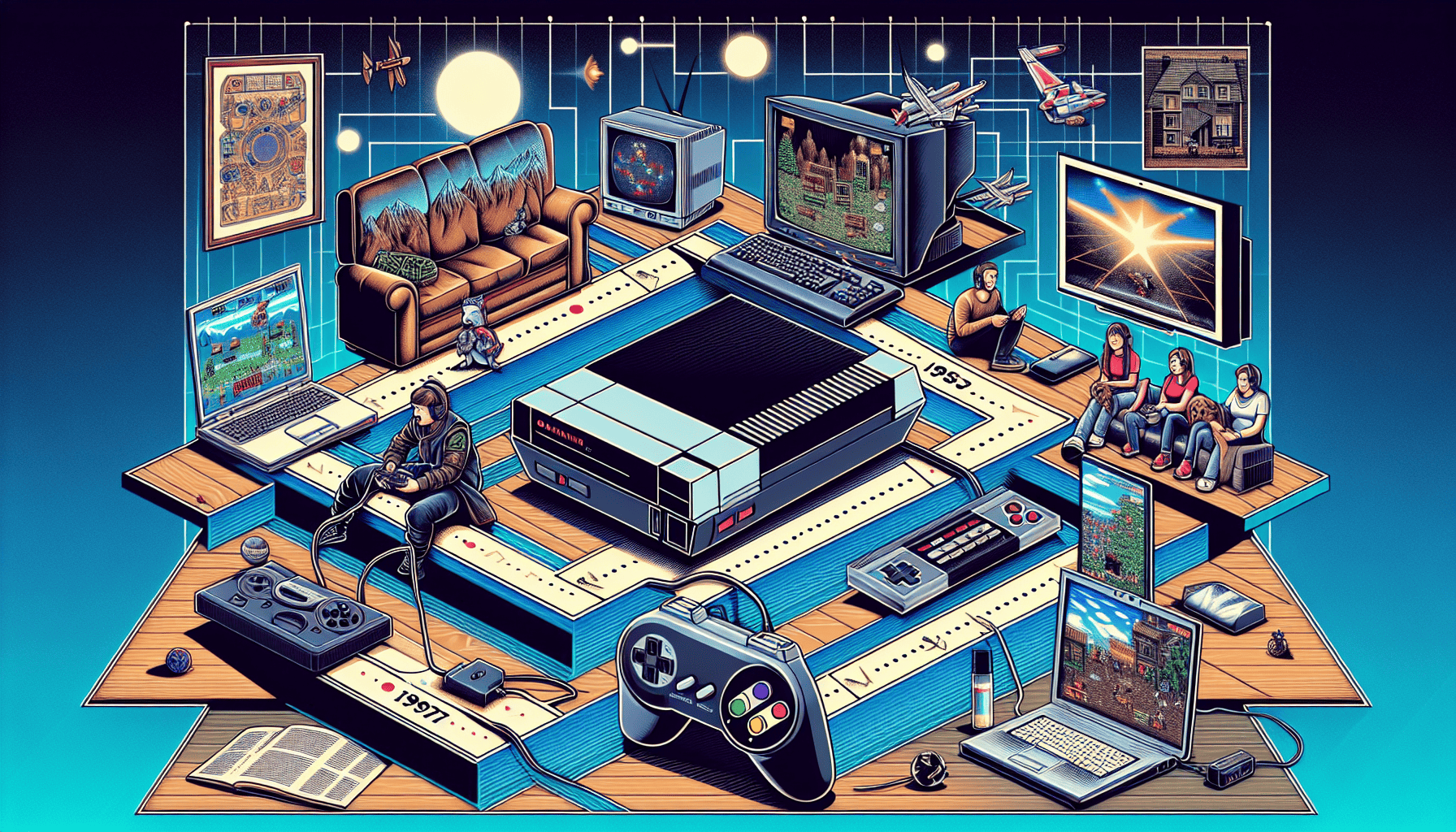Online gaming, a dynamic sector within the digital entertainment landscape, has undergone a remarkable transformation over the decades. Its evolution tells a story of technological innovation, cultural shift, and the unyielding human desire for social interaction and entertainment.
The journey of online gaming began in the 1970s with the advent of multiplayer modes in text-based games. The pioneering game "MUD" (Multi-User Dungeon) emerged as a text-based virtual world on the ARPANET, allowing multiple users to interact within a shared virtual space. This era marked the nascent stage of online gaming, driven primarily by educational institutions and tech enthusiasts who could access the limited networks at the time.
As technology advanced in the 1980s, the introduction of modems and early networks such as CompuServe and AOL provided more users the opportunity to explore online gaming. Titles like "Island of Kesmai" and "Neverwinter Nights" began to feature rudimentary graphics and larger, connected worlds that hinted at future possibilities.
The 1990s brought significant breakthroughs with the proliferation of the internet. Gaming franchises like "DOOM" and "Quake" popularized LAN-based multiplayer, while early MMORPGs (Massively Multiplayer Online Role-Playing Games) like "Ultima Online" and "EverQuest" created expansive worlds where players could engage with thousands of others simultaneously. These games introduced persistent worlds, economies, and in-game communities, laying the foundation for future developments.
The new millennium marked an era of ubiquitous broadband connections, accelerating the expansion of the online gaming universe. Titles such as "World of Warcraft," "EVE Online," and "Runescape" captured millions of players globally, creating complex online ecosystems and birthing the concept of e-sports – competitive, professional gaming leagues and tournaments.
The mid-2000s and beyond witnessed the rise of console-based online gaming, with Xbox Live and PlayStation Network enabling gamers to connect and compete across borders. Real-time strategy games like "StarCraft" and first-person shooters such as "Call of Duty" expanded the digital battlegrounds, fostering global online communities and intensifying the e-sports phenomenon.
Social media platforms and the proliferation of smart devices in the 2010s revolutionized online gaming once again. Games like "Farmville" and "Candy Crush" leveraged social networks for rapid viral growth, breaking down barriers for non-traditional gamers. Simultaneously, mobile games introduced gaming to billions, making it more accessible and widespread than ever before.
In recent years, advancements in cloud computing and artificial intelligence have further transformed the online gaming landscape. Streaming services such as Google Stadia, Xbox Cloud Gaming, and Nvidia GeForce Now allow players to access high-quality games without the need for powerful hardware. Virtual reality (VR) and augmented reality (AR) are pushing boundaries, offering immersive, life-like experiences and reshaping player interaction.
Throughout its evolution, online gaming has not just been about technological advancement but also about community and connection. It reflects society’s shifting norms and values, creating spaces for collaboration, competition, and creativity. From humble, text-based beginnings to the expansive, interactive worlds of today, online gaming has become an integral part of digital culture, influencing entertainment, communication, and even education.
As we look to the future, the evolution of online gaming will likely continue at a rapid pace. With technologies like 5G, AI, and VR evolving, the potential for more inclusive and enriched gaming experiences is immense, promising to further transform how we connect and entertain ourselves in the digital world.
